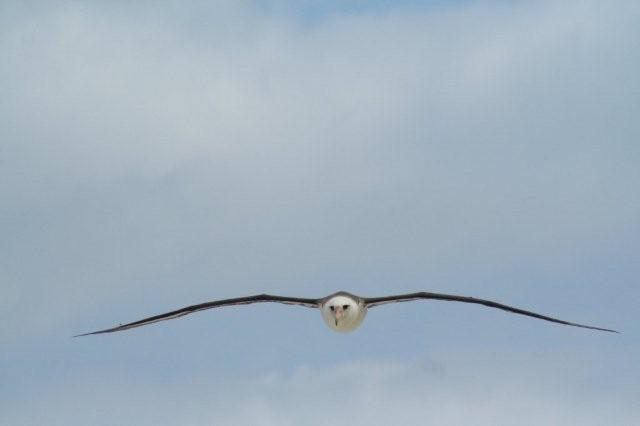Stringball. 3 February 2011.
On February 1st, two pods of Orcas snuck past Marrowstone Island
in the middle of the night......well, snuck might not be the right word, but for
those of us who enjoy seeing them, it works. They were heard on the local
hydrophone, then seen near Seattle yesterday. They were on the nightly
TV news late last night, thrilling ferry riders.
They are, as I type, somewhere just to the south of here. Some,
according to the Orca Network's Susan Berta, down around Tacoma.
Others are headed north from around Seattle so they might show up here
in the middle of the night again.
Sometime in that same time frame, tons of plastic drifted past Marrowstone.
This morning, I hauled 31 more Mussel discs off the beach, each wrapped along
a plastic mesh bag used by mussel farmers.
The discs are those round black plastic objects on the outer rim of the
ever enlarging stringball.........You can also see a bright orange crab bait box,
plastic bottles, rope, crab buoys (with names of owners), and a pink flip flop - one of more than
a dozen so far attached.
All this simply to show you what washes up. You can imagine what remains
out there in waters where orcas, seals, sea lions, fish, seabirds, humpbacks,
and other ocean animals are trying to survive in a world in which
their food sources are diminishing. It is no wonder so many end up
mistaking plastic for food.
See the Orca Network for today's announcement from NOAA
that allows killer whales a share in the harvest of chinook salmon - meaning
that salmon fishermen will have fewer salmon to harvest so that orcas
might have a larger share of this valuable food source.
No one, however, is talking about who should take how much of the
JUVENILE salmon population that will soon leave rivers and streams
and enter the ocean world where hungry humpbacks dine on them
along with herring, sandlance, candlefish, smelt, and other small fish.
Just a guess, but an educated guess.........Humpback Whale population increases
are taking a large share of the orca's chinook, probably a much larger
share than that taken when the chinooks grow to adult size and become
targets of commercial and recreational human fishermen. Not an easy issue
to study, so no one is able to work on this in a meaningful way. So far.
Meanwhile, plastics continue to enter the ocean in far greater quantities
than baby salmon.......And so, many whales will die from our inability
to manage our waste stream.





1 comment:
I seldom leave comments on blog, but I have been to this post which was recommended by my friend, lots of valuable details, thanks again.
Post a Comment